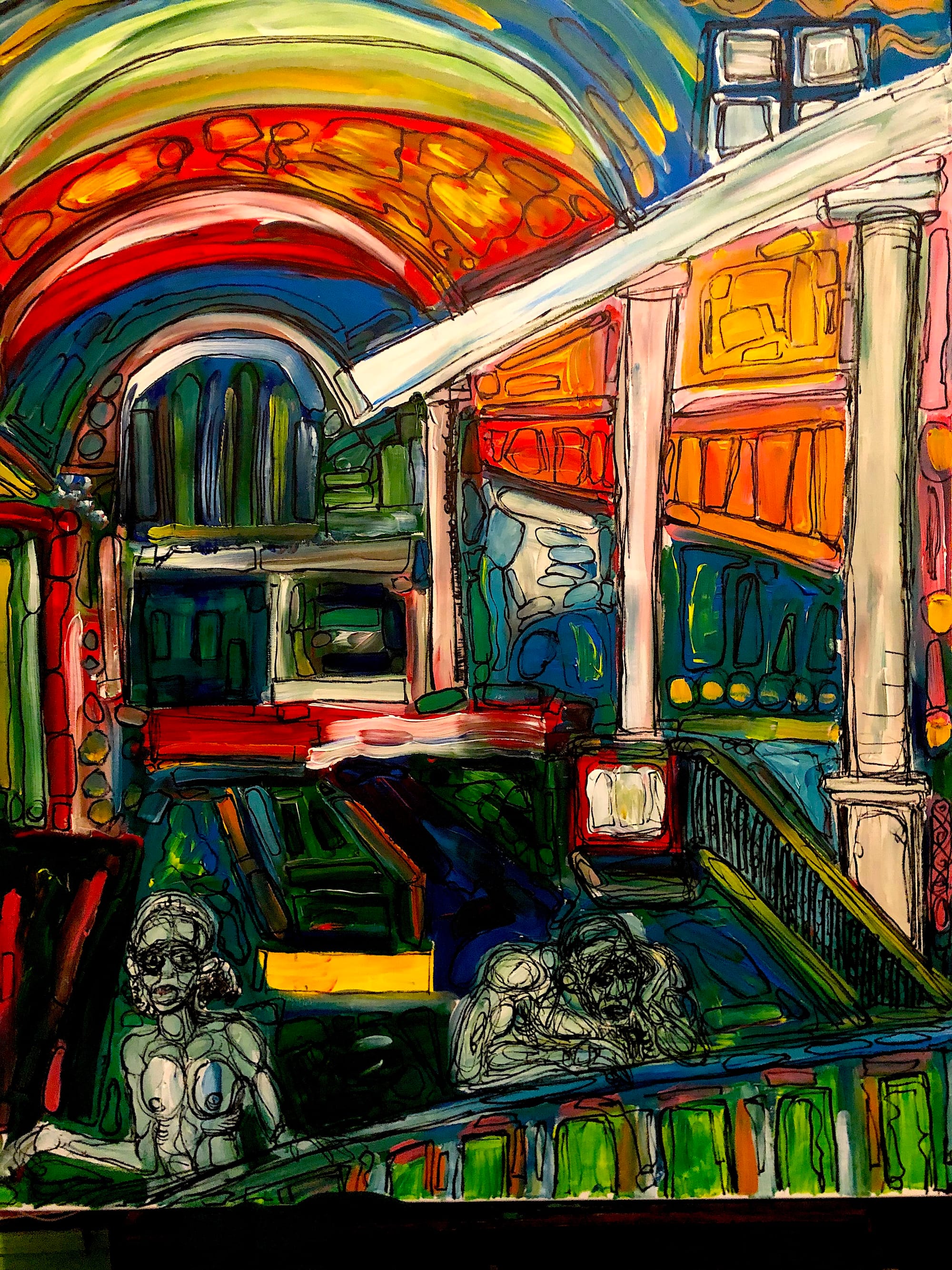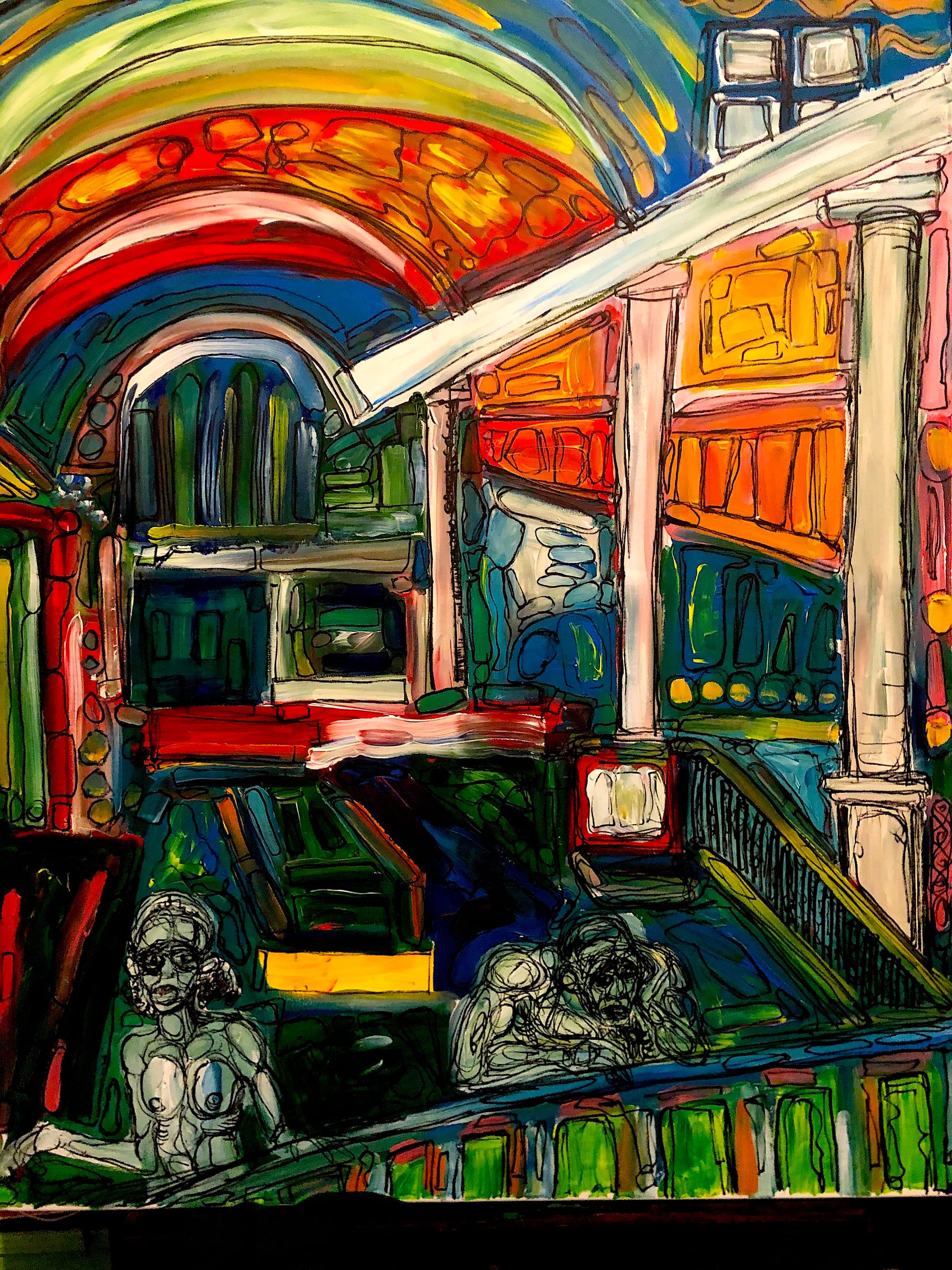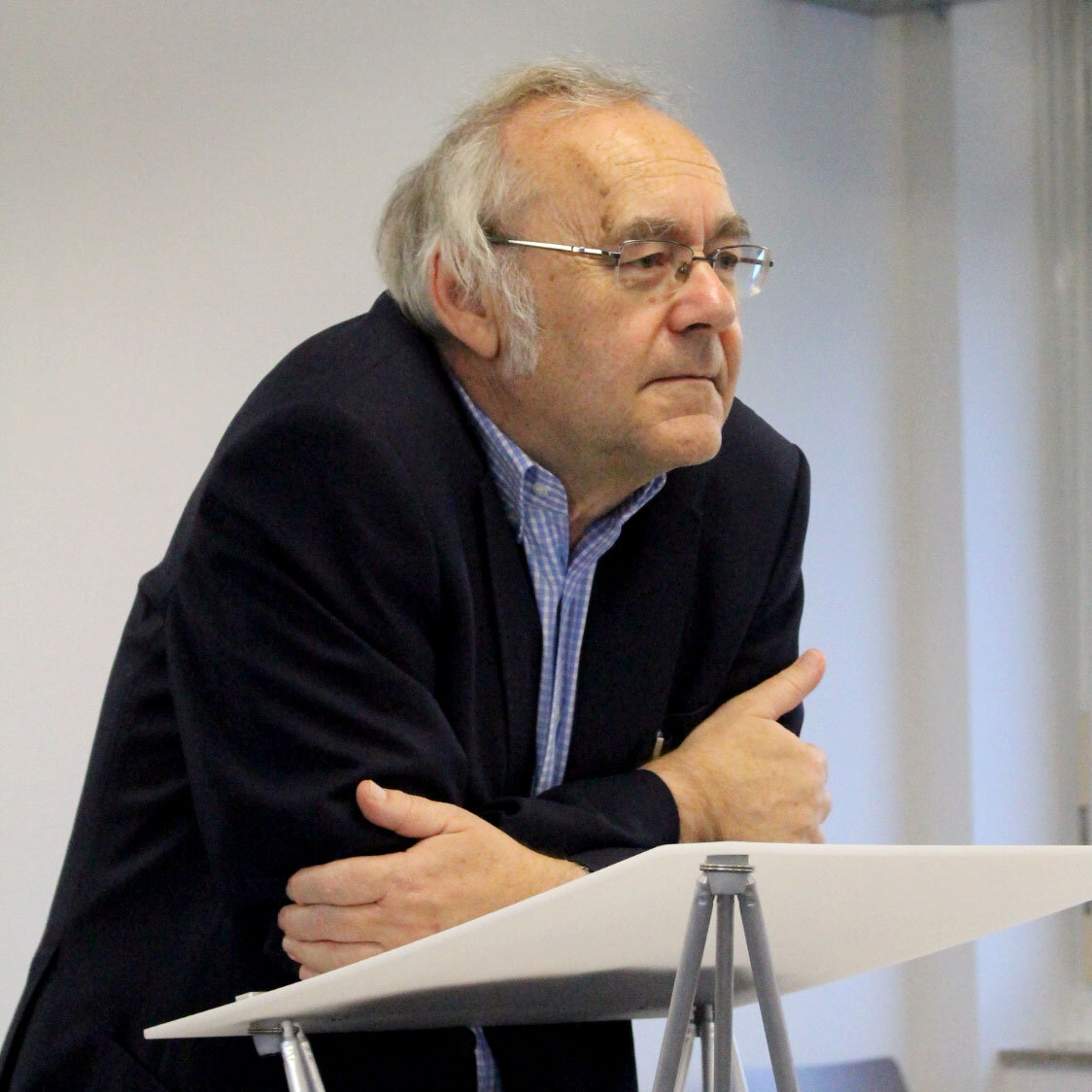The Beyond of Philosophy 4


If we could learn to substitute development from what we know for development to what we want to know, a number of annoying problems might disappear.
(Thomas S. Kuhn)
One must not allow being at all, - because then becoming loses its value and appears almost as senseless and superfluous.
Consequently, the question has to be asked: how the illusion of being could have been created.
(Friedrich Nietzsche)
Cognition is not a sequence of theories free of contradictions that converge against an ideal theory; it is not a gradual approach to truth. It is an ever-growing sea of mutually incompatible (and perhaps even incommensurable) alternatives.
(Paul K. Feyerabend)
None of those who advocate a separation between statements and reality can denote precisely how a comparison between statements and facts could be performed at all and how we could procure certainty about the structure of the facts.
Therefore this separation is only the result of a duplication of metaphysics and all problems connected with it are mere illusionary problems.
(Otto Neurath)
Our terminology is so steeped in objectivist ideology that it must be used in a paradoxical way to describe views of a different kind.
(Paul K. Feyerabend)
Part I
1. In Dualizing Speech, philosophical reflection is conducted on the basis of the language-world distinction. Its theme is the relation between language and world. It attempts to show and to explain in what relation language and the world stand to each other. Regardless of whether language or the world is attributed the dominant role in this relationship, or whether language and world, language and reality, influence each other reciprocally—philosophers who are committed to Dualizing Speech share at least this common presupposition:that language and reality are interwoven and interconnected in a variety of ways, even though they can be distinguished from each other in principle and hence must also be distinguished from each other in discourse.
2. The issue is the how of the relation, the relationship, the connection between language and reality but not that a distinction must be made between language and reality, description and object, metalanguage and object language, language level and object level.
How this distinction arose is also not in question. The philosophers who are committed to Dualizing Speech derive their central philosophical problems from these distinctions and they protect themselves against the loss of these problems by declaring these distinctions conditio sine qua non of philosophizing, indeed of rational discourse as such.
3. The (unquestioned) decision in favor of a world and reality ‘distinct from language’, of events, states of affairs, and objects ‘distinct from language’, allows to describe an object, an event, the world, in different ways.
This provides the basis for seeking and finding procedures through which one or more of the different descriptions of the same objects thus only made possible can be distinguished from the remaining descriptions—as “true”, “adequate”, “right”, “accurate”, etc.
4. The critical part of this study is not only directed against the still-discussed idea of a pre-given, extralinguistic world stipulated throughout discourse as a reality that is depicted, mirrored or reflected by language. I am also interested in notions of a merely nonlinguistic, ‘language-distinct’ world, which may also be called “sculptor,” “chaos,” or “flux” theories of the world.
These theories rest on a simple formula that for the most part is evident in the opening pages of the books of its main protagonists and then is more or less ignored: An unordered world, a chaos, a flux of things, is presupposed. The human subject now intervenes in this world, which is still presupposed as extralinguistic, and confers order on it. Out of the formless world a world with form is created with the aid of the instrument of language—how it is formed depends, of course, on the effectiveness and influence ascribed to this instrument.
Then this world is no longer an extralinguistic world, but merely a nonlinguistic world, a world ‘distinct from language’: It is no longer possible to determine how this world is without our involvement, and the less so the greater the influence of language in shaping the world.
This also determines the degree of relativism, which can go so far that different theoretical positions correspond to different worlds.
5. Although talk of the “flow of things”, of the world as indeterminate yet pre-existing, generally receives little attention, it has a major influence on the direction of discourse. The decision for an initial chaos allows a distinction between language and a language-determined world across the whole of discourse.
Even though each of these philosophical theories divides up and shapes the world in a different way, its elements can nevertheless be described in more than one way in the world thus formed and divided up. And to this extent it still makes sense to discuss a “correct” or “adequate” answer to the question implied by this distinction: the question of the relation between the respective language or theory (or one its elements) and the world divided up and formed by it (or one of its elements).
6. However, framework relativism in its various guises suspends the language-reality dichotomy for the part of the cognitive activity devoted to constructing the framework. It is not possible to separate the portion assigned to the relevant conceptual apparatus in constructing the framework from the portion that is assigned in the process to the indeterminate but nevertheless presupposed reality. The result is that it is no longer possible to test the adequacy of the frameworks against reality because the frameworks are too closely entangled with reality.
7. In extreme cases at least, a shared object domain for different frameworks can no longer be identified, and as a result there is no neutral decision-making instance with reference to which the frameworks can be assessed.This pluralism, this tolerance toward deviant frameworks does not hold within the frameworks. Truth can still be ascertained in principle within the frameworks, because mutually conflicting theses can be tested against the shared object domain of the framework.
8. On the positive side, relativism, by splitting the one realist system into several systems, has prevented, or at least impeded, the discrediting of sharply deviating systems because they can no longer be subjected to testing against a shared reality.
However, it is a fatal restriction that relativism comes to a halt before the problems of the intra-theoretical situation, before the situation within the framework. This restriction is fatal because our lives, our activity, are conducted for the most part within one framework, within one form of life or culture. As a result, relativism barely impinges upon the situation of the individual, unless she happens to be an anthropologist in New Guinea and in this capacity a traveler between two worlds. Relativism is more reminiscent of a philosophical variant of the policy of apartheid. Whereas the strict realist banishes every deviant conception to the domain of nonsense, the relativist confines himself to banishing the adversaries to a different framework. Thus, conflicts within relativism can be resolved by banishing deviant opinions from the relevant framework by appeal to the relativist program itself, in particular by declaring deviant opinions to be “out of place.”
9. On the other hand, within the framework the relativist utilizes the same conceptual apparatus as a strict realist. Yet, the application of this conceptual apparatus encounters major difficulties in concrete cases: The split approach of the relativist, which involves defending relativism with regard to the construction of the framework while practicing realism within the framework, can be maintained only by introducing a dichotomy between constitution and interpretation.
10. Not only is it almost impossible to provide a plausible explanation of the transition from the constitution to the interpretation of the respective object domain, but it is not possible to find a framework-neutral instance either that could settle the question of whether the theses shown to be “false” by testing them against the respective object domain should be defined as internal or external to the theory.
For if the “false” theories do not belong to the framework against whose object domain they were tested, then they are no longer “false” because they (then) belong to a different framework. So, in order to be “false,” they must belong to their own framework, yet without having a constitutive function.
In addition, the reference base, hence the object domain against which the theses in question are tested, is constructed out of the elements of each individual’s own opinion and only serves to exclude from discourse theses or opinions which run counter to one’s own position. For the present this is merely an assertion that should first be discussed in greater detail within the framework of Non-dualizing Speech.
11. A direct critique of (the) different proposed solutions to the problem of the relation between language and world can arguably lead to a proposal that language and reality, description and object, are not related to each other as has been assumed up to now, but in a different way.
This would imply a continued acceptance of the dogma that a distinction must be made between language and reality.
In this study, preference will be given to a second option: the dogma will be subjected to a fundamental, though indirect, critique by showing that its development is a result of the traditional procedure. This can be accomplished only in the context of a new procedure that neither presupposes nor produces a reality ‘distinct from language’. The language-reality dichotomy no longer remains beyond the scope of discourse as its conditio sine qua non.
12. In Dualizing Speech, descriptions are always descriptions of something, where the something the description is about, the object of the description, the state of affairs being described, the event being described, are distinct from the description—that is, they are ‘distinct from language’.
There is a categorical difference between the object of the description and description of the object.
13. In the approach developed here, the object of the description and the description of the object form a unity. The object of the description is not ‘distinct from the description’ or ‘distinct from language’; instead it is that part of the description that has already been carried out.
The description is not directed to the object but starts from the object of the description. It continues the description that has already been made; it is the continuation of the description already present.
Next: The Beyond of Philosophy 5

Josef Mitterer is an Austrian philosopher.
The Beyond of Philosophy 1 here
The Beyond of Philosophy 2 here
The Beyond of Philosophy 3 here